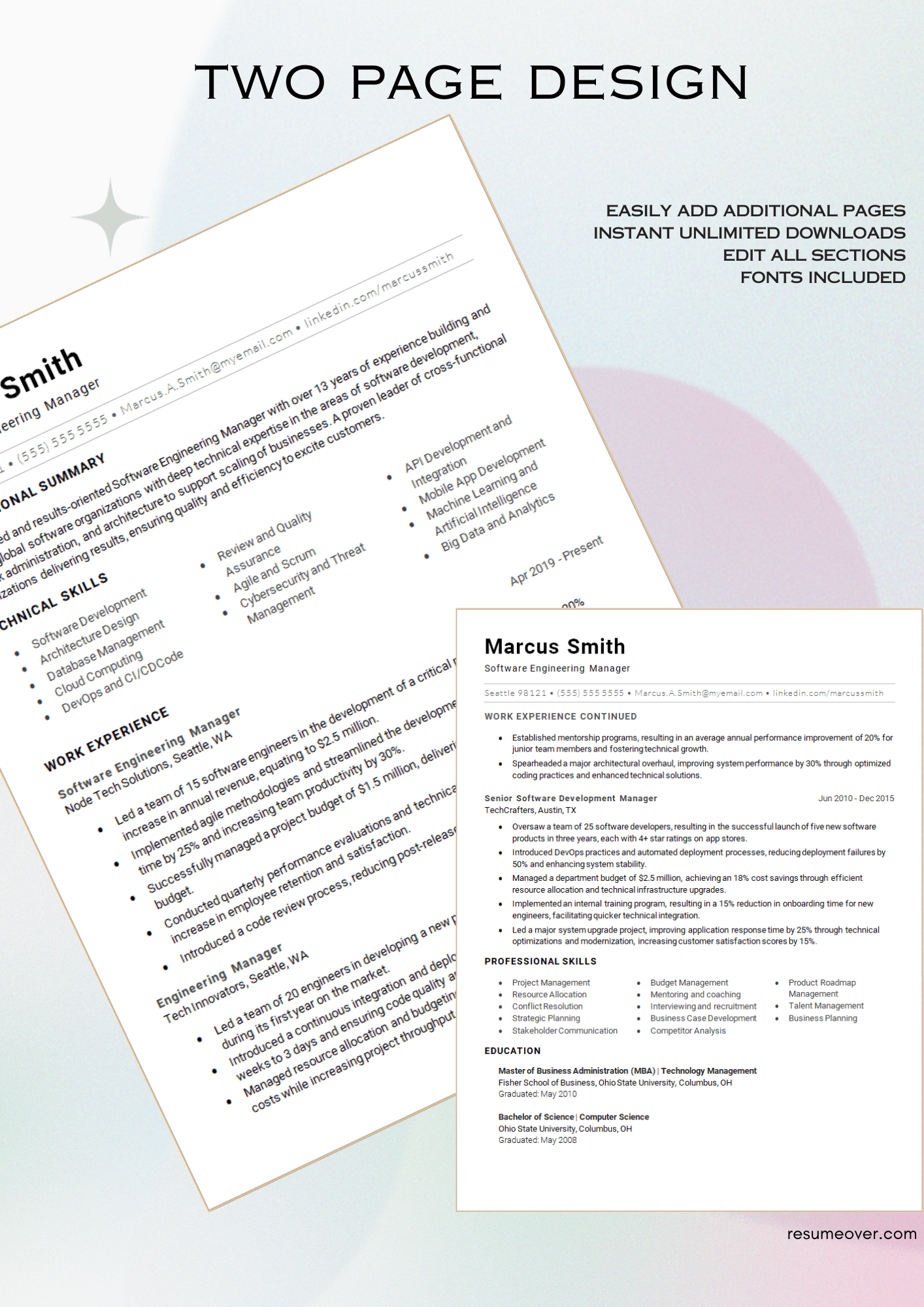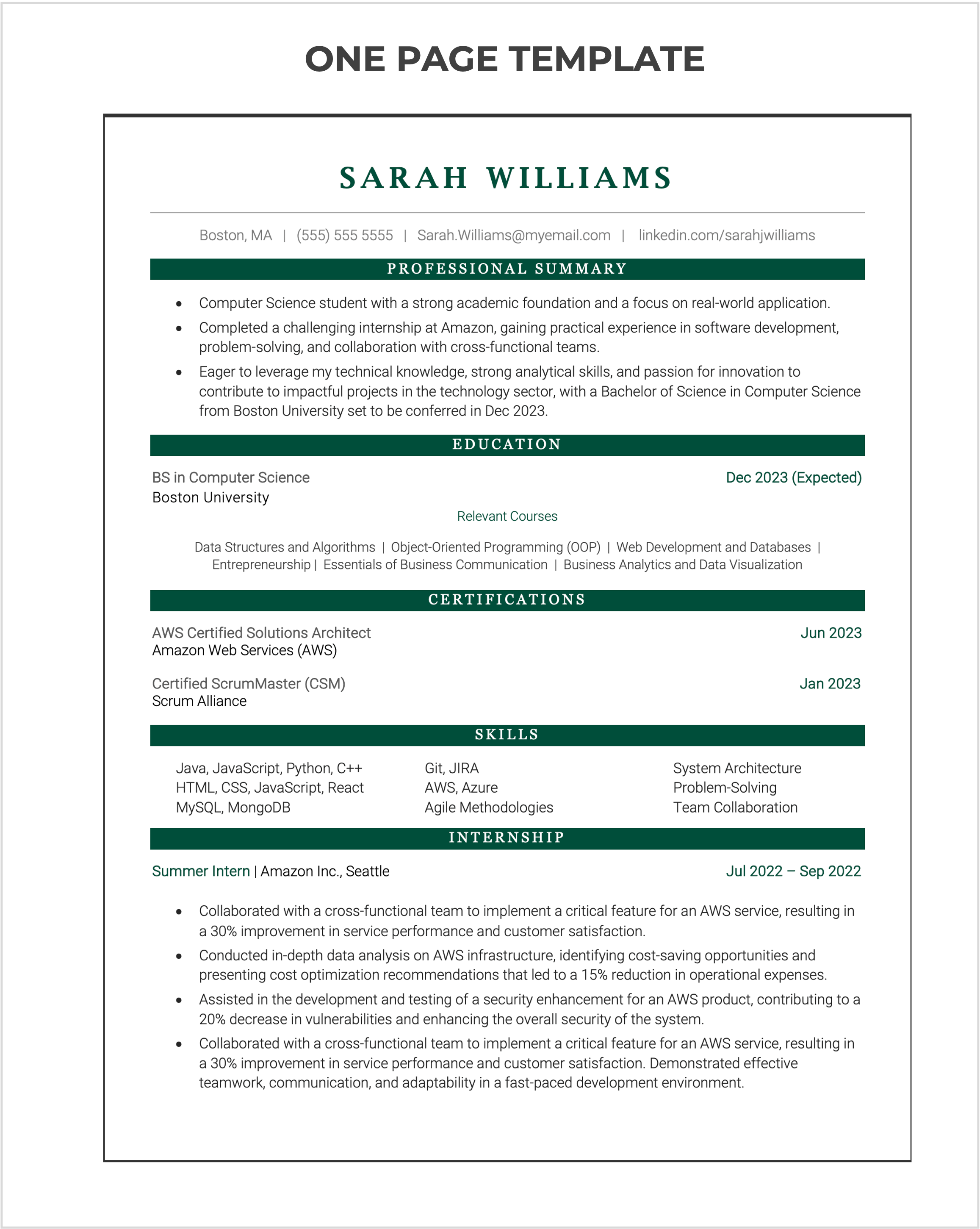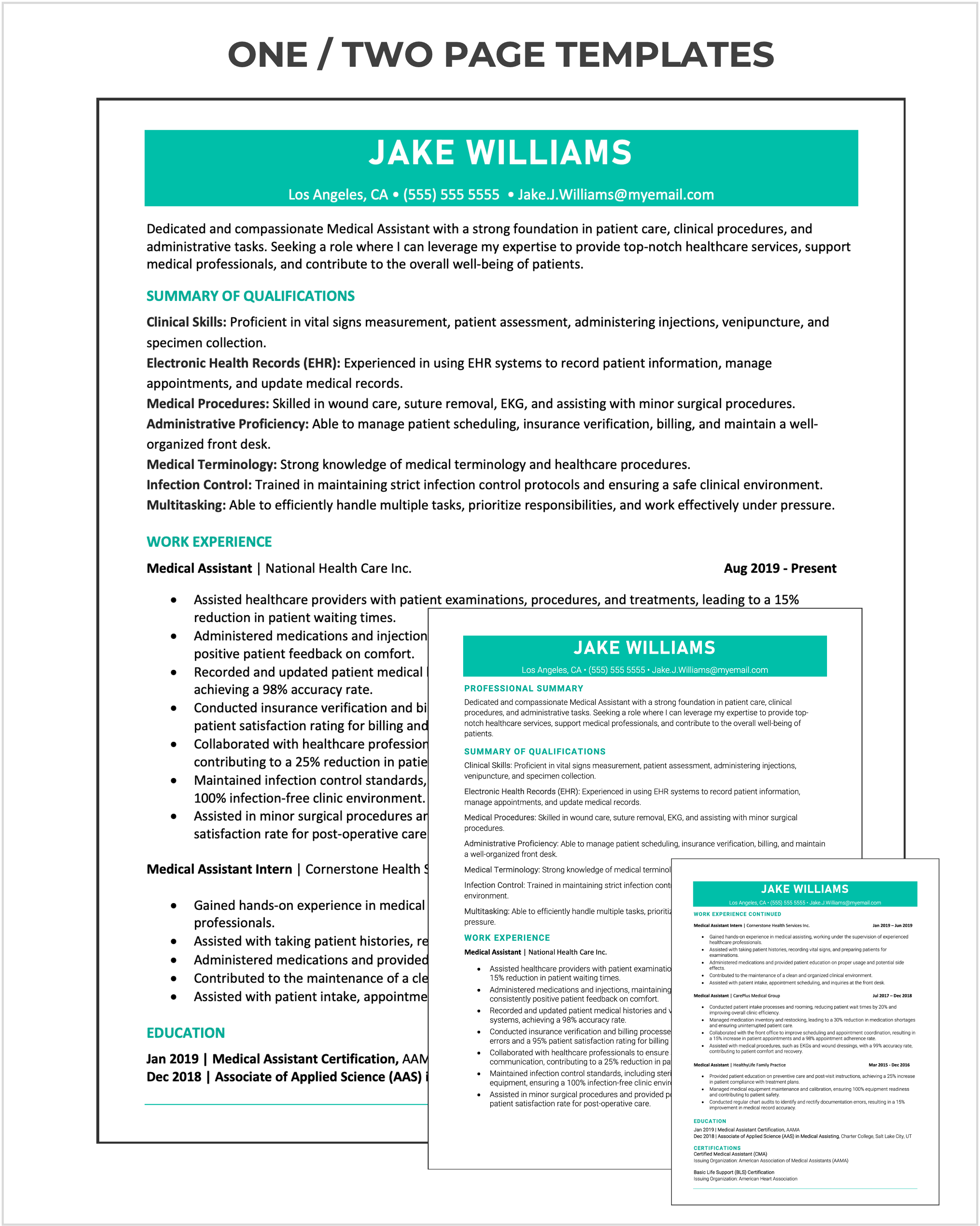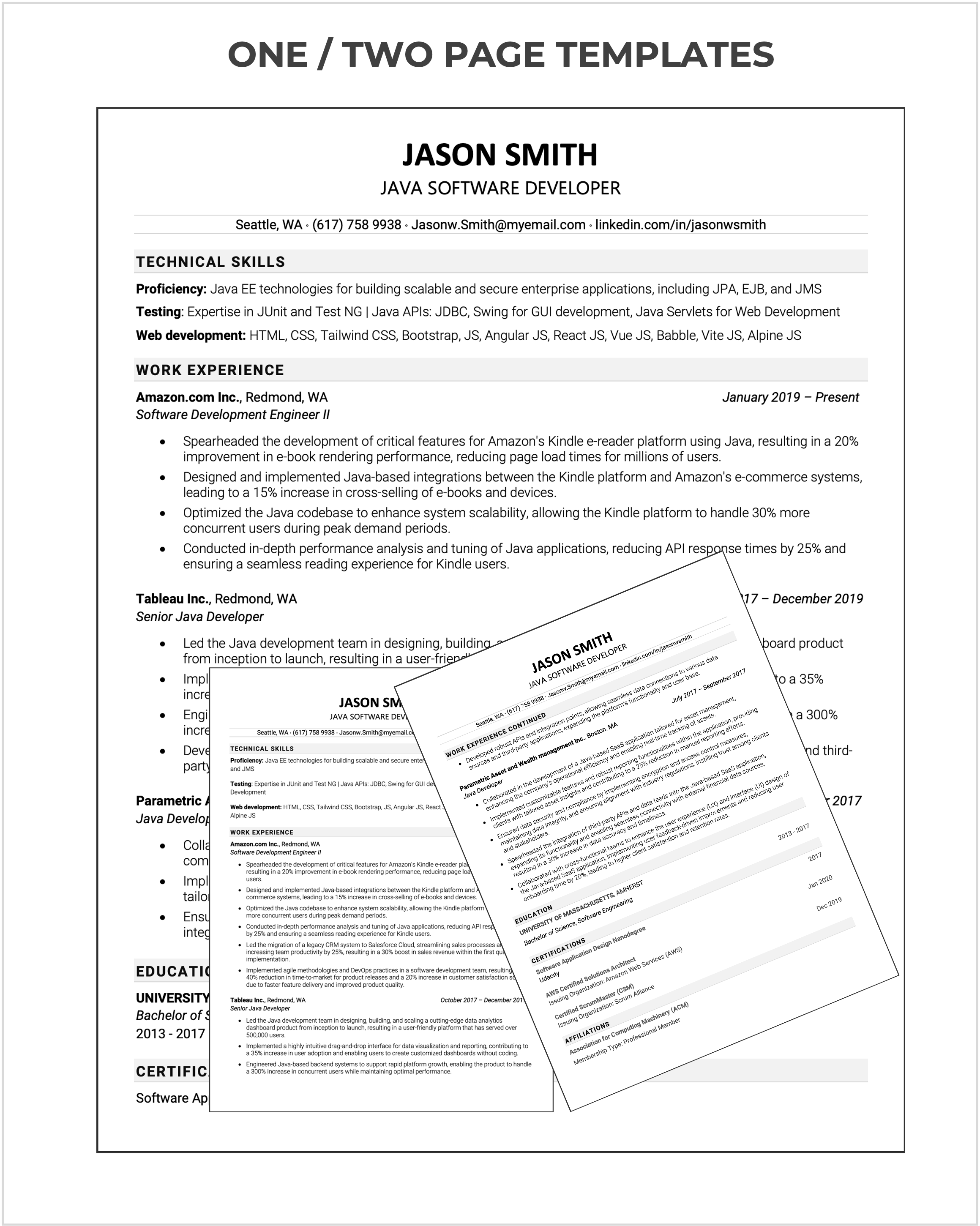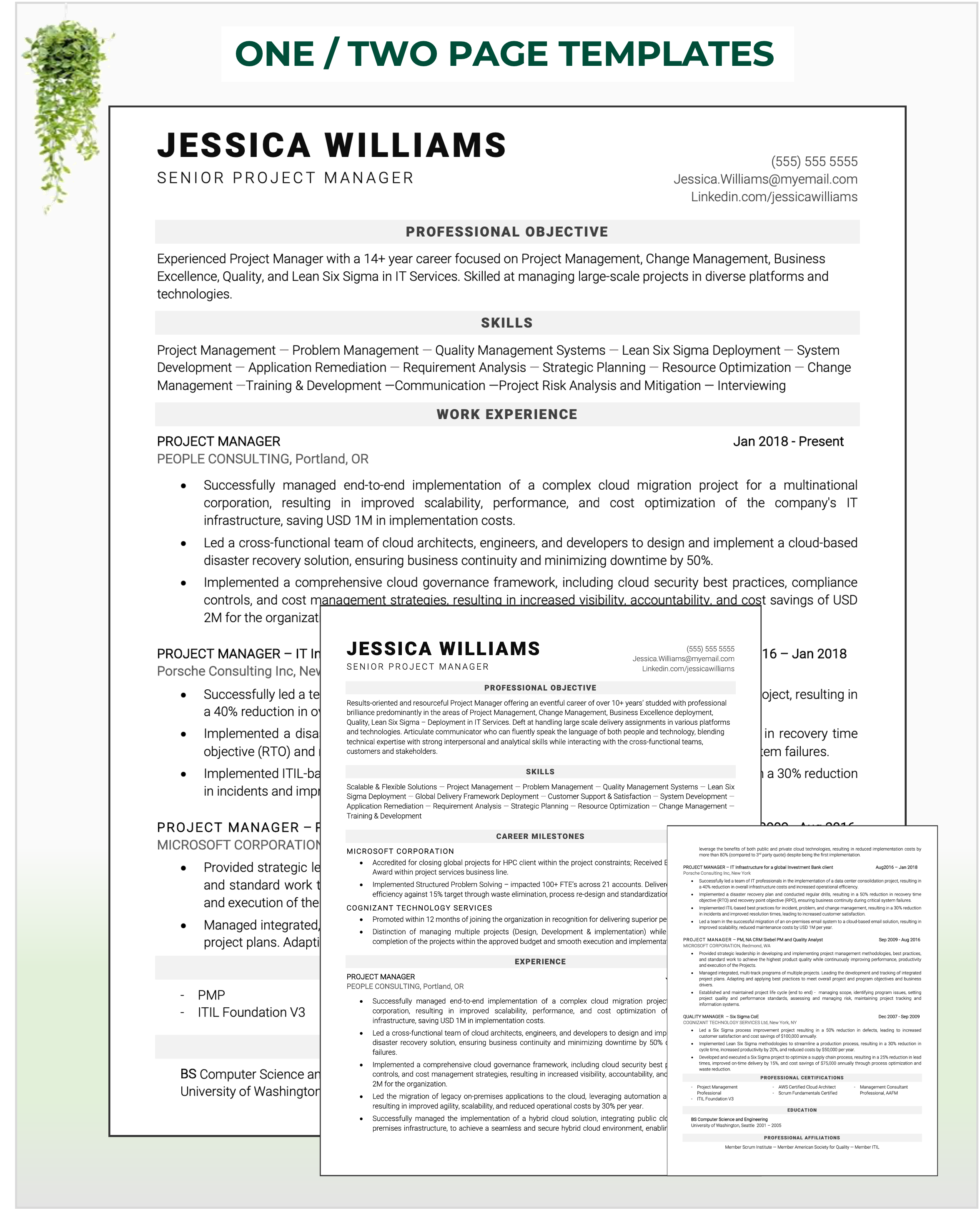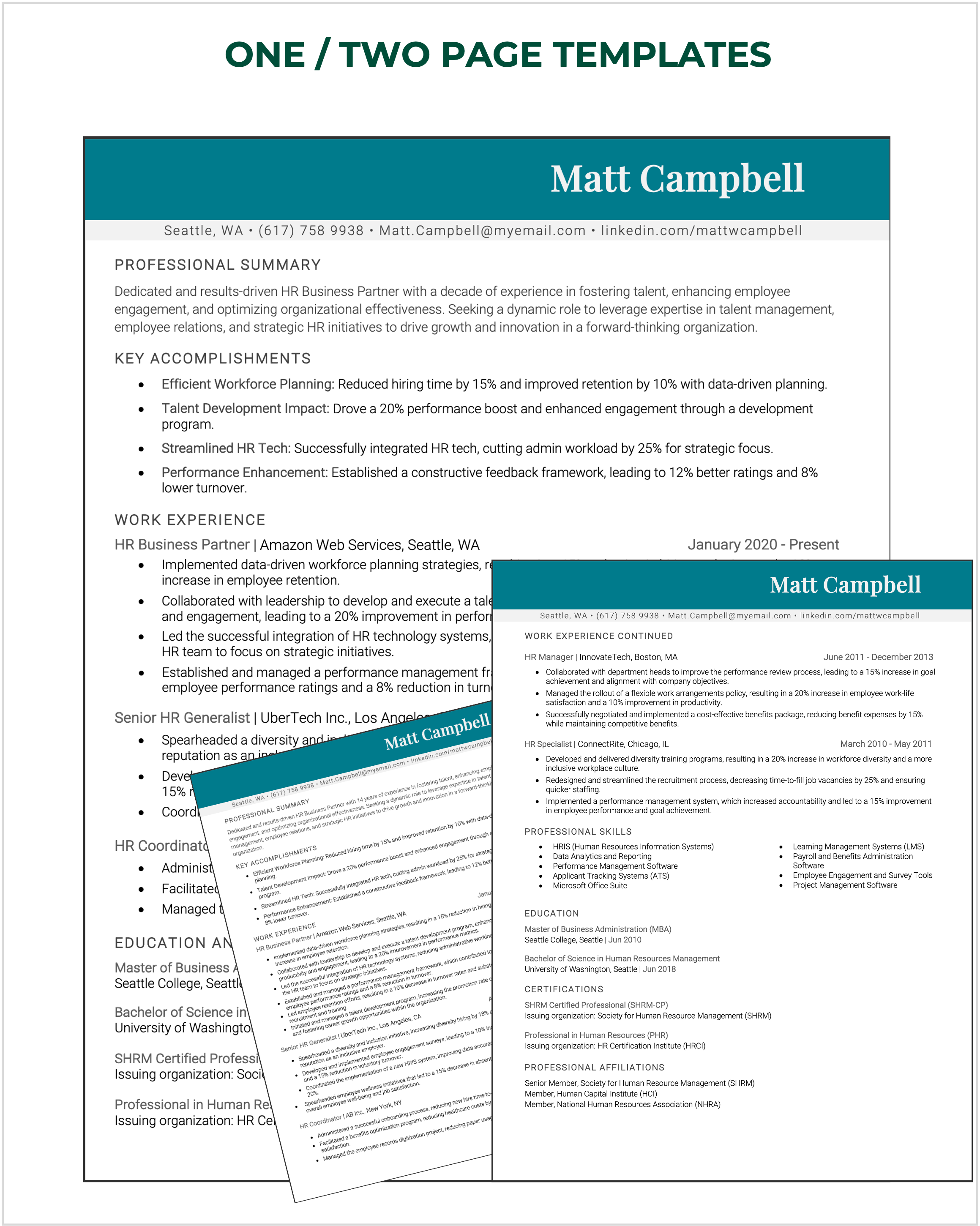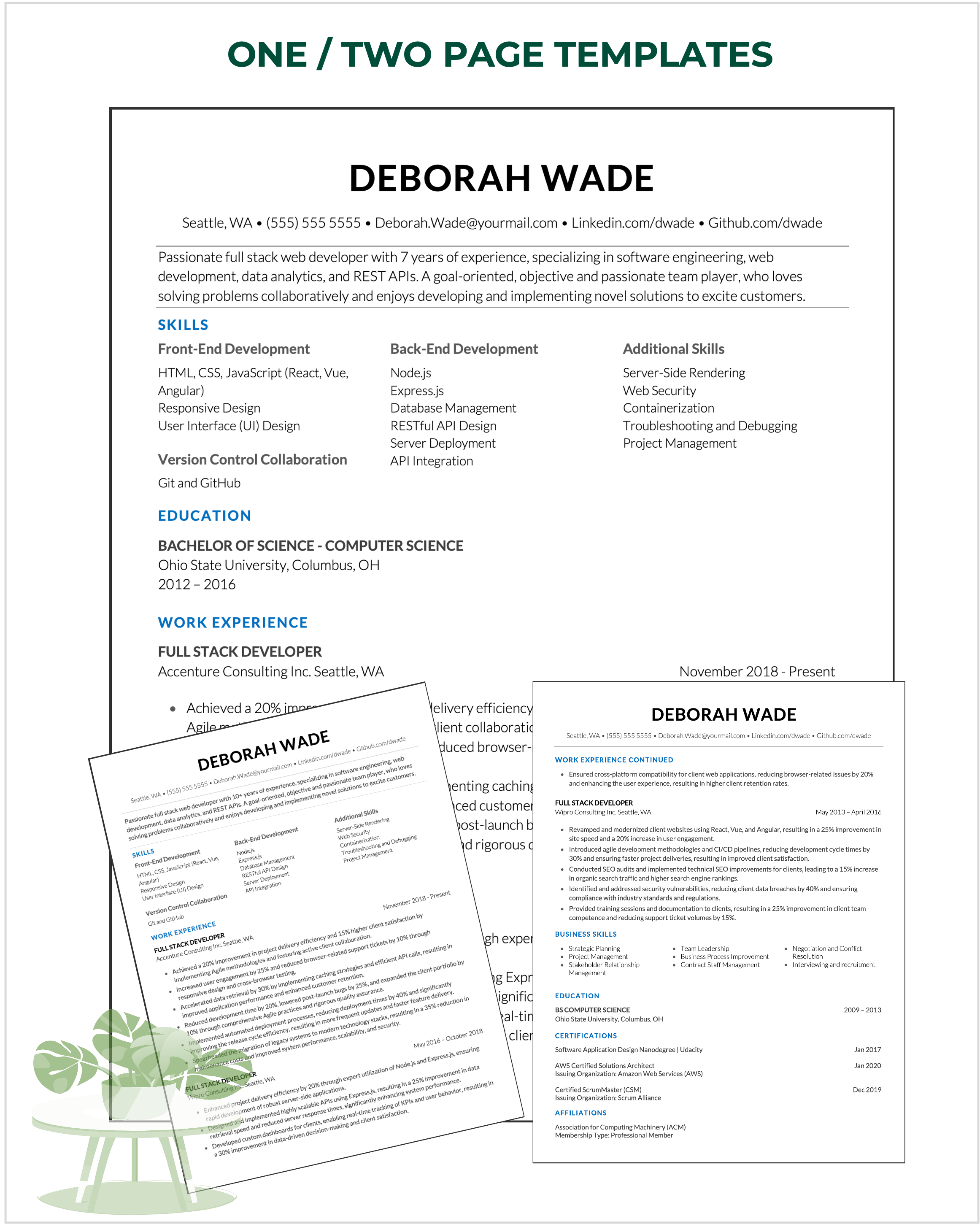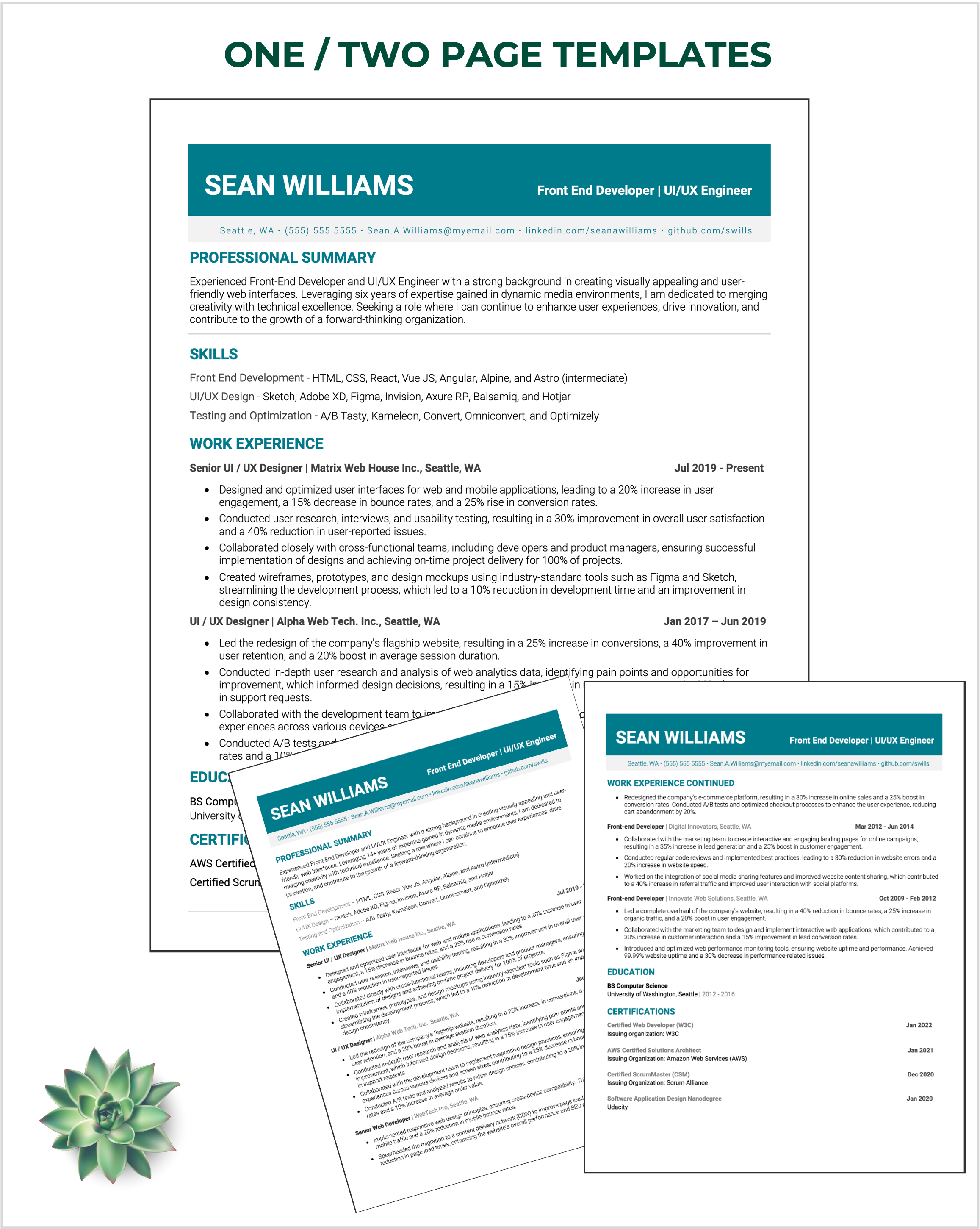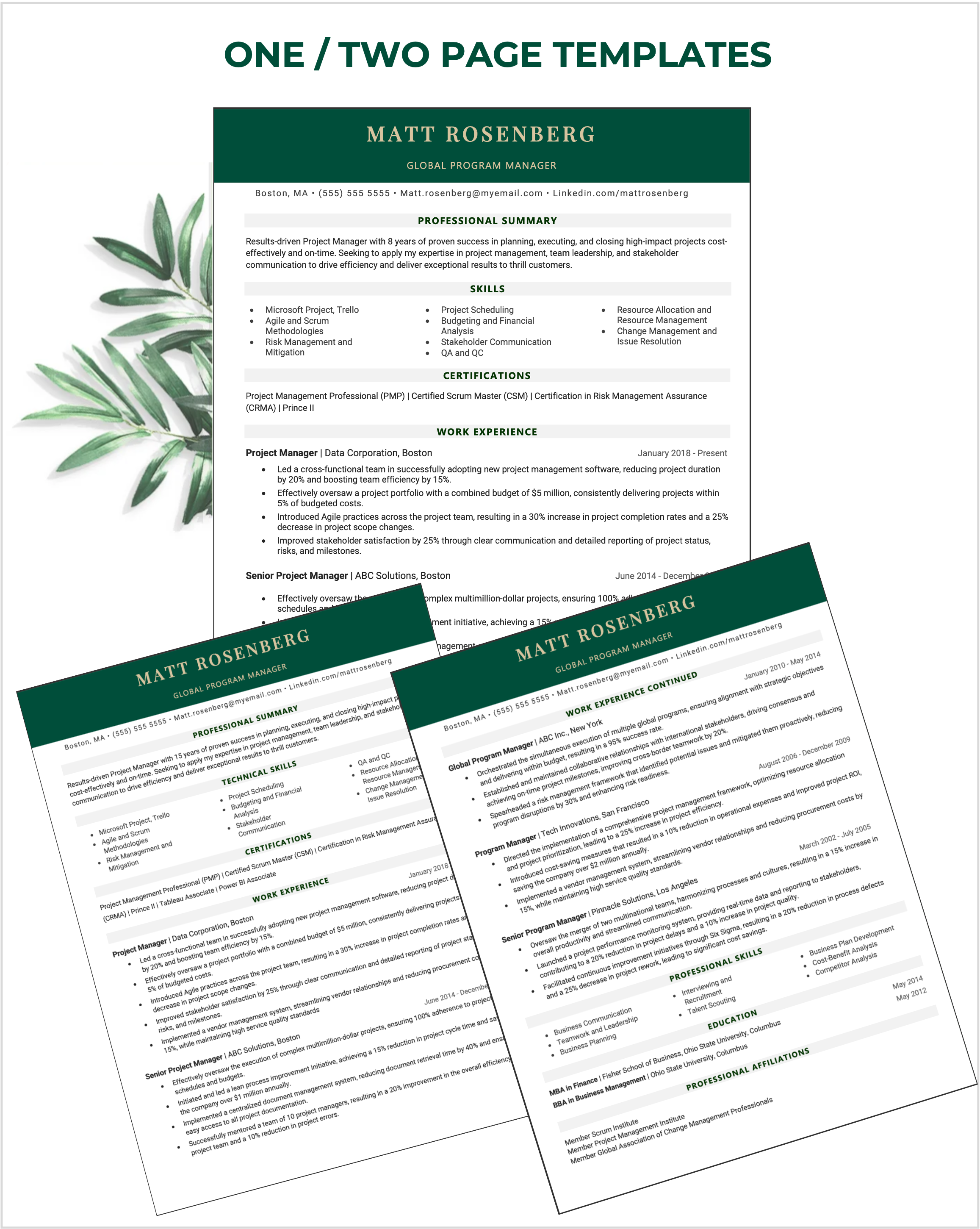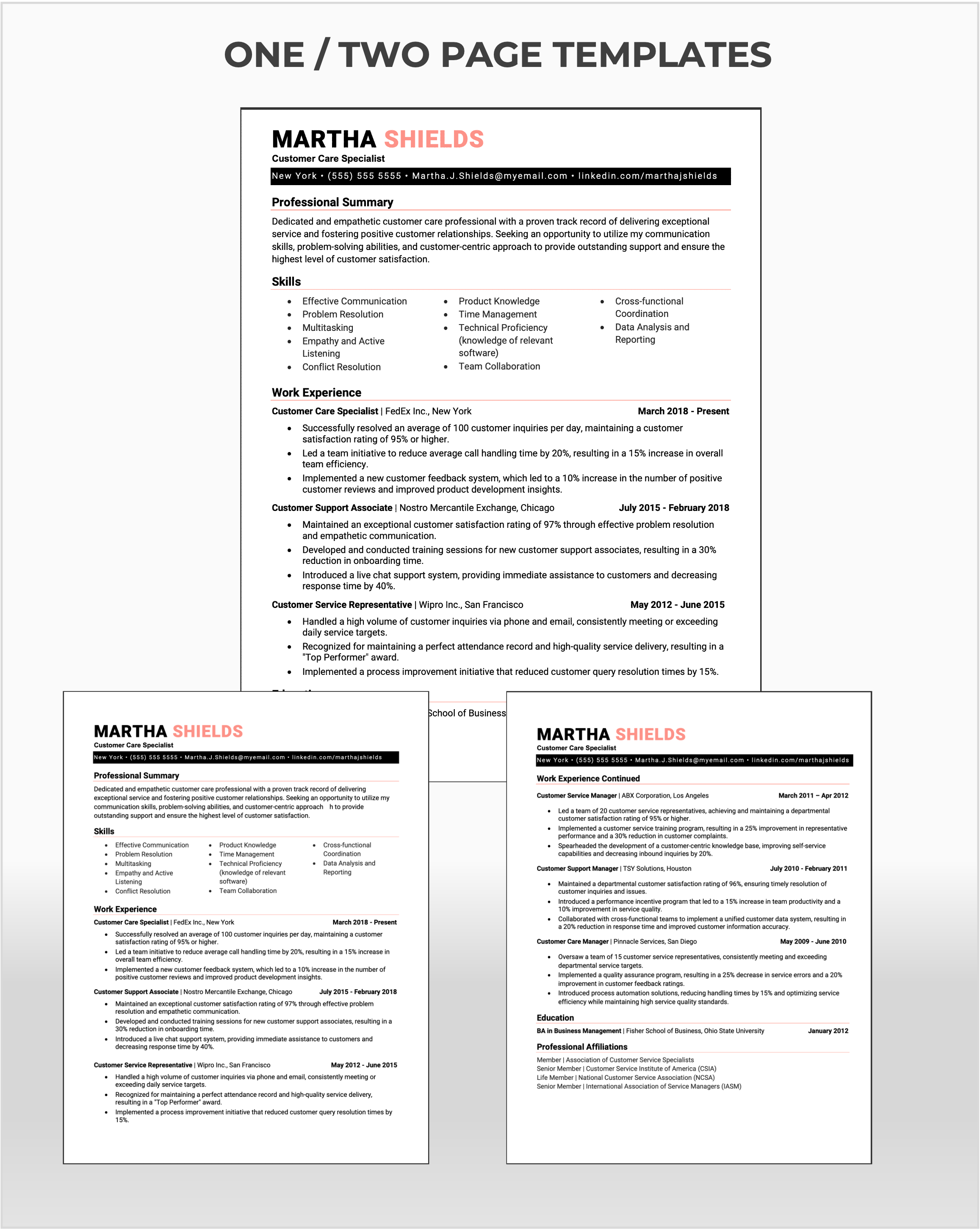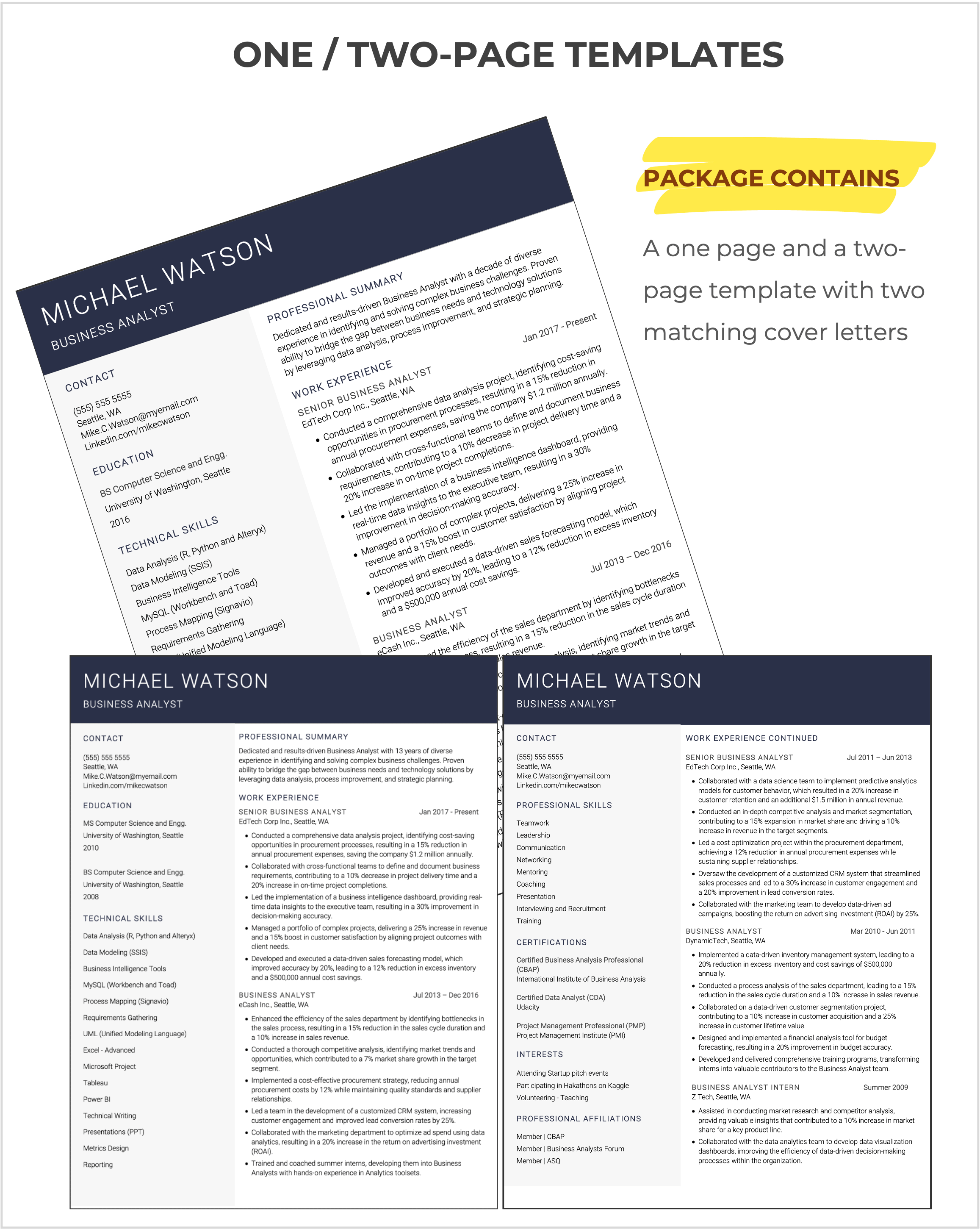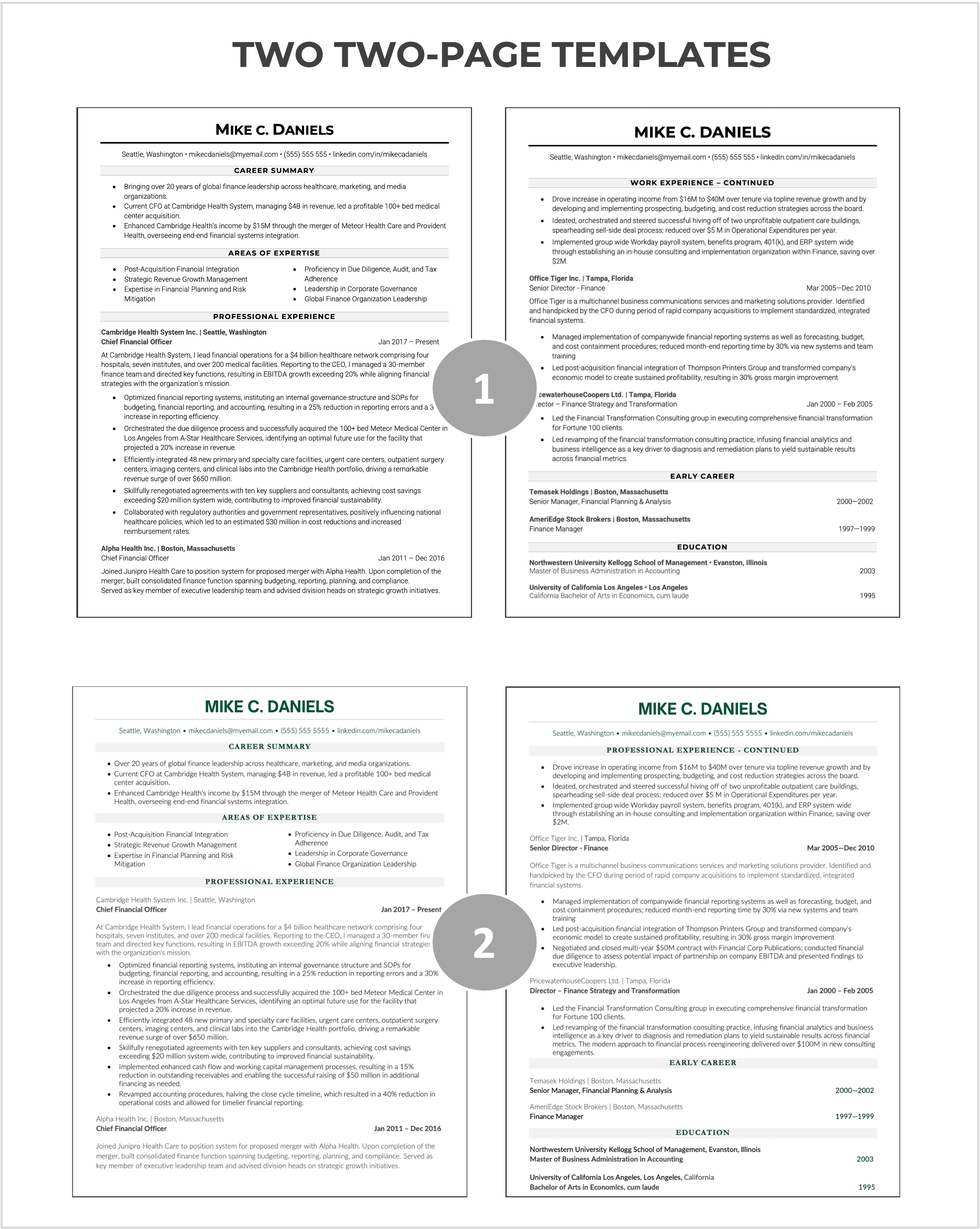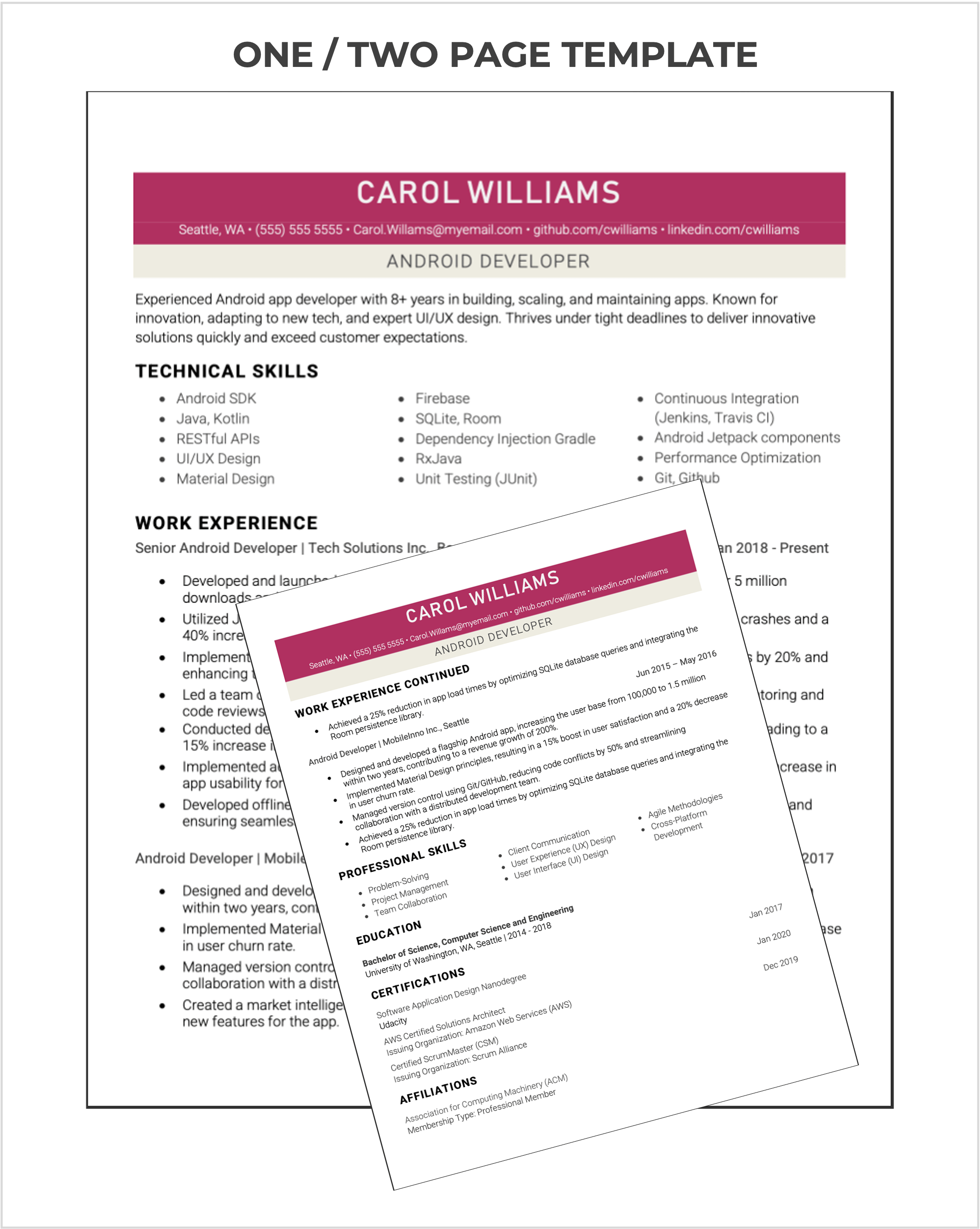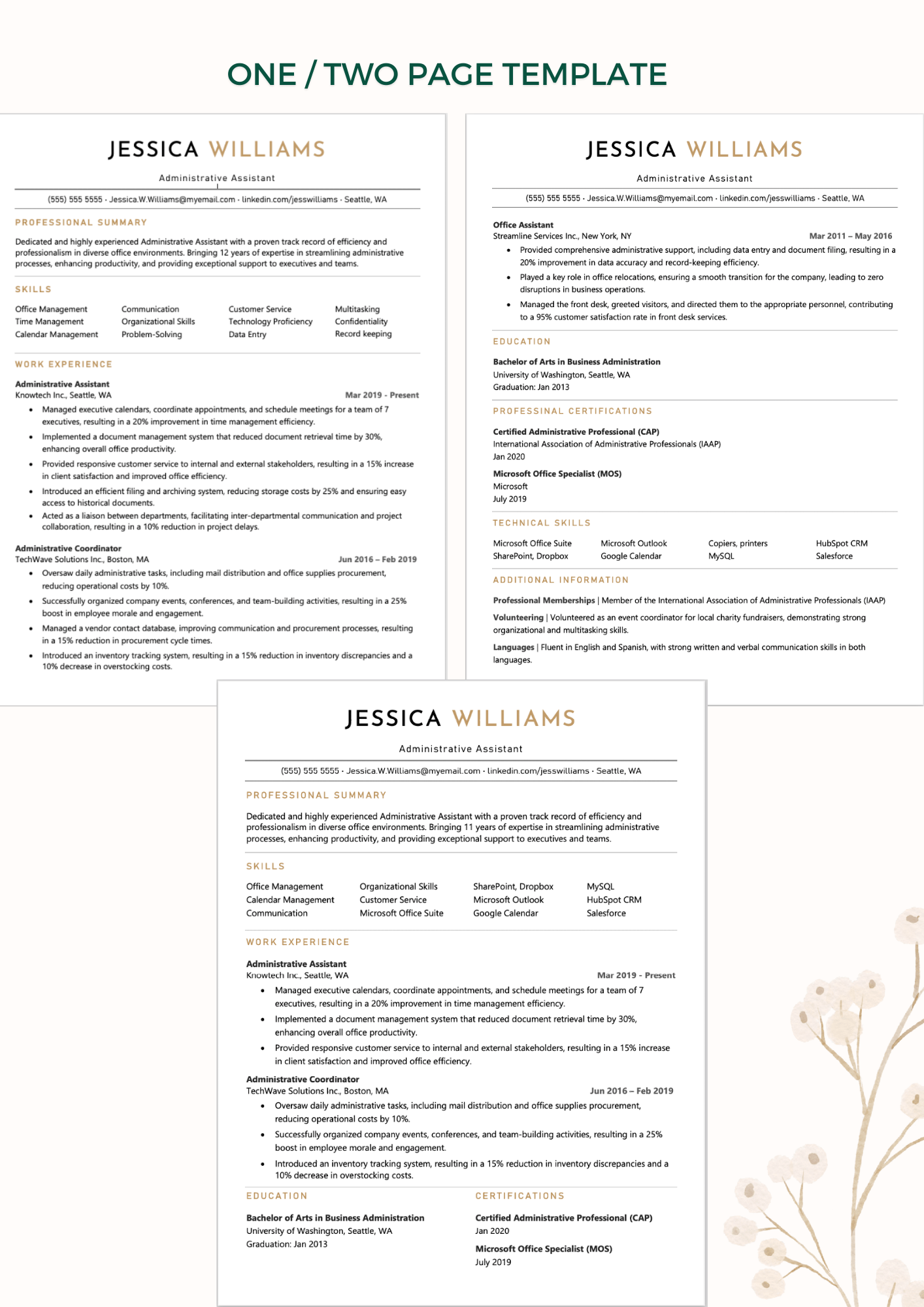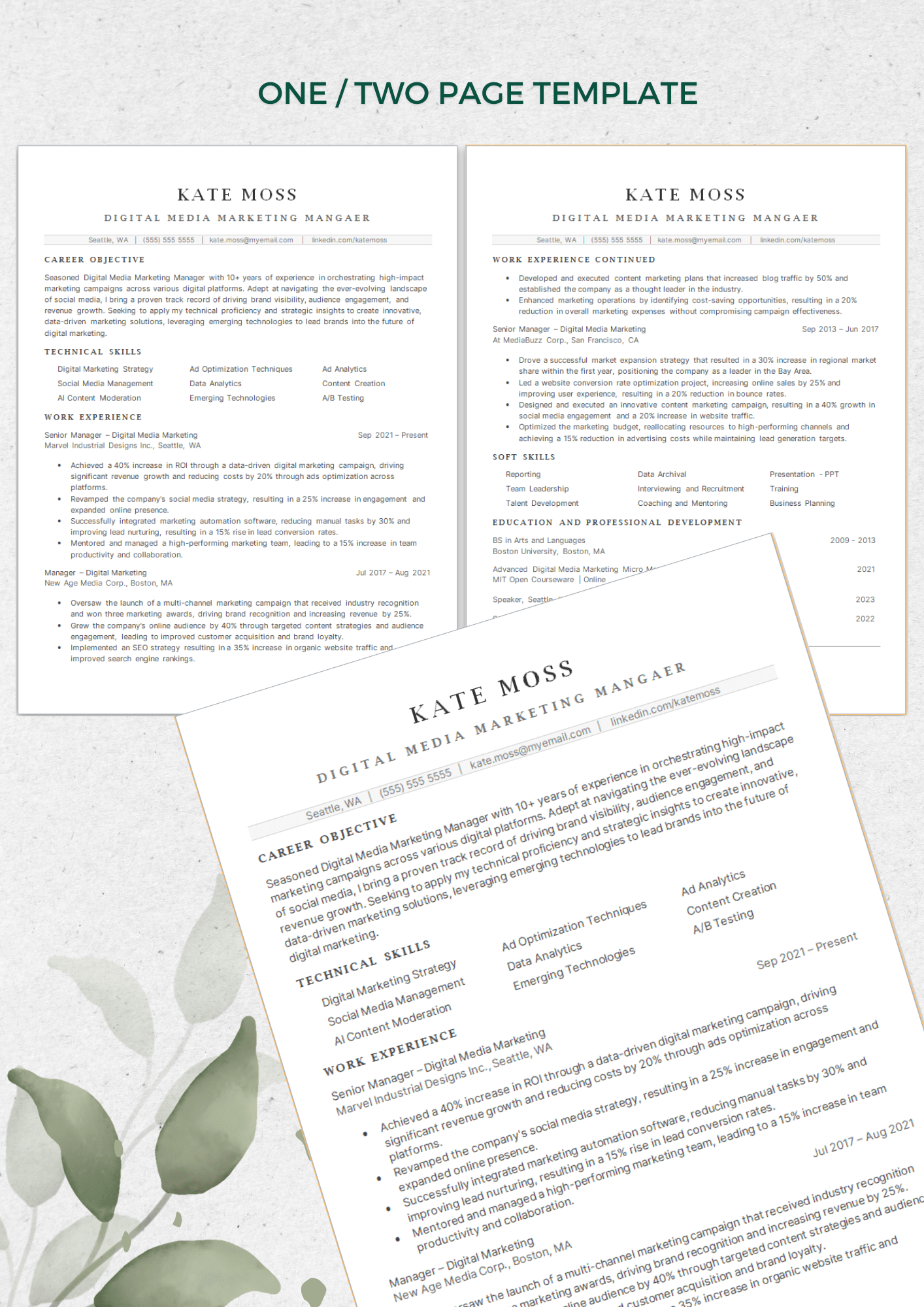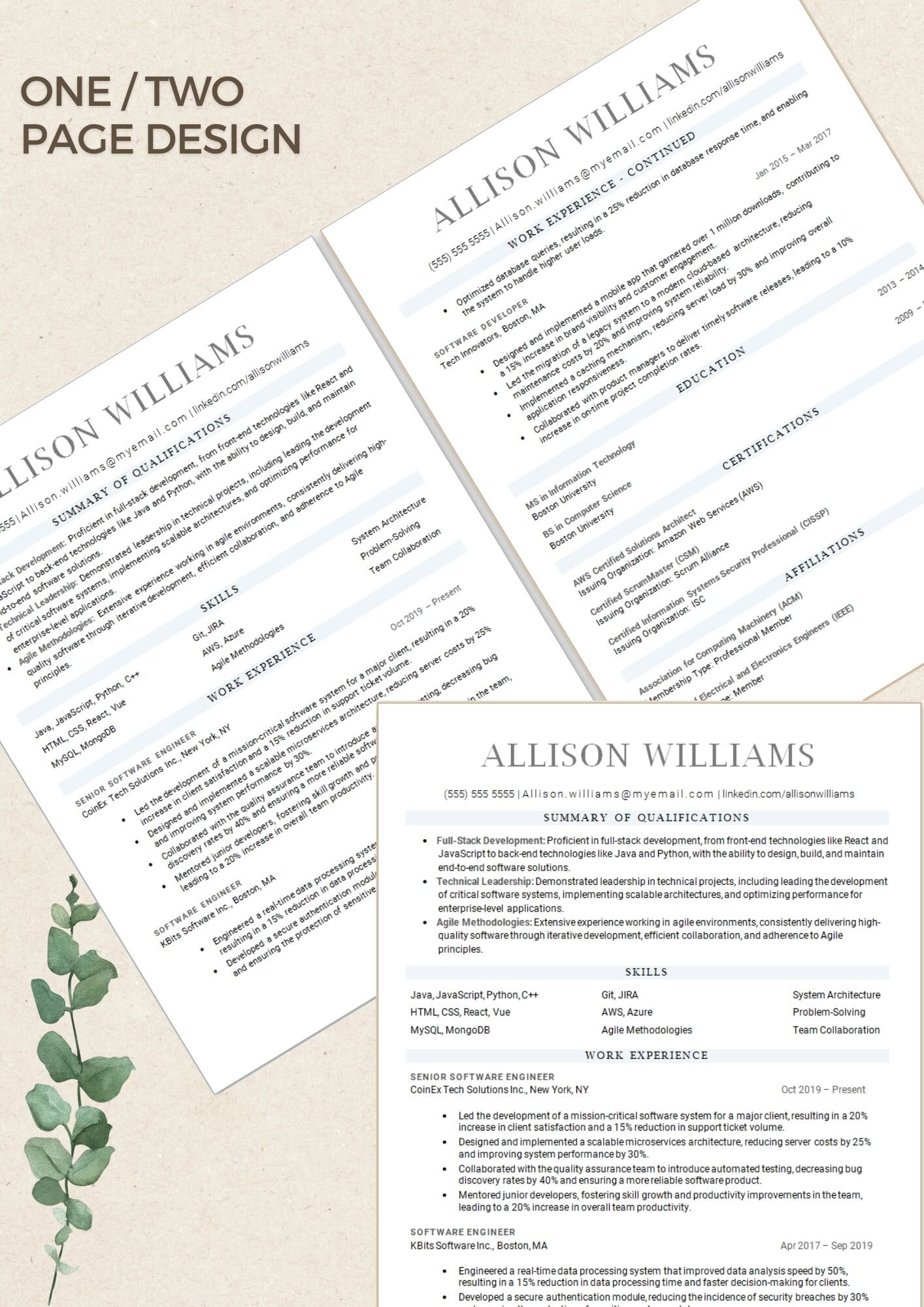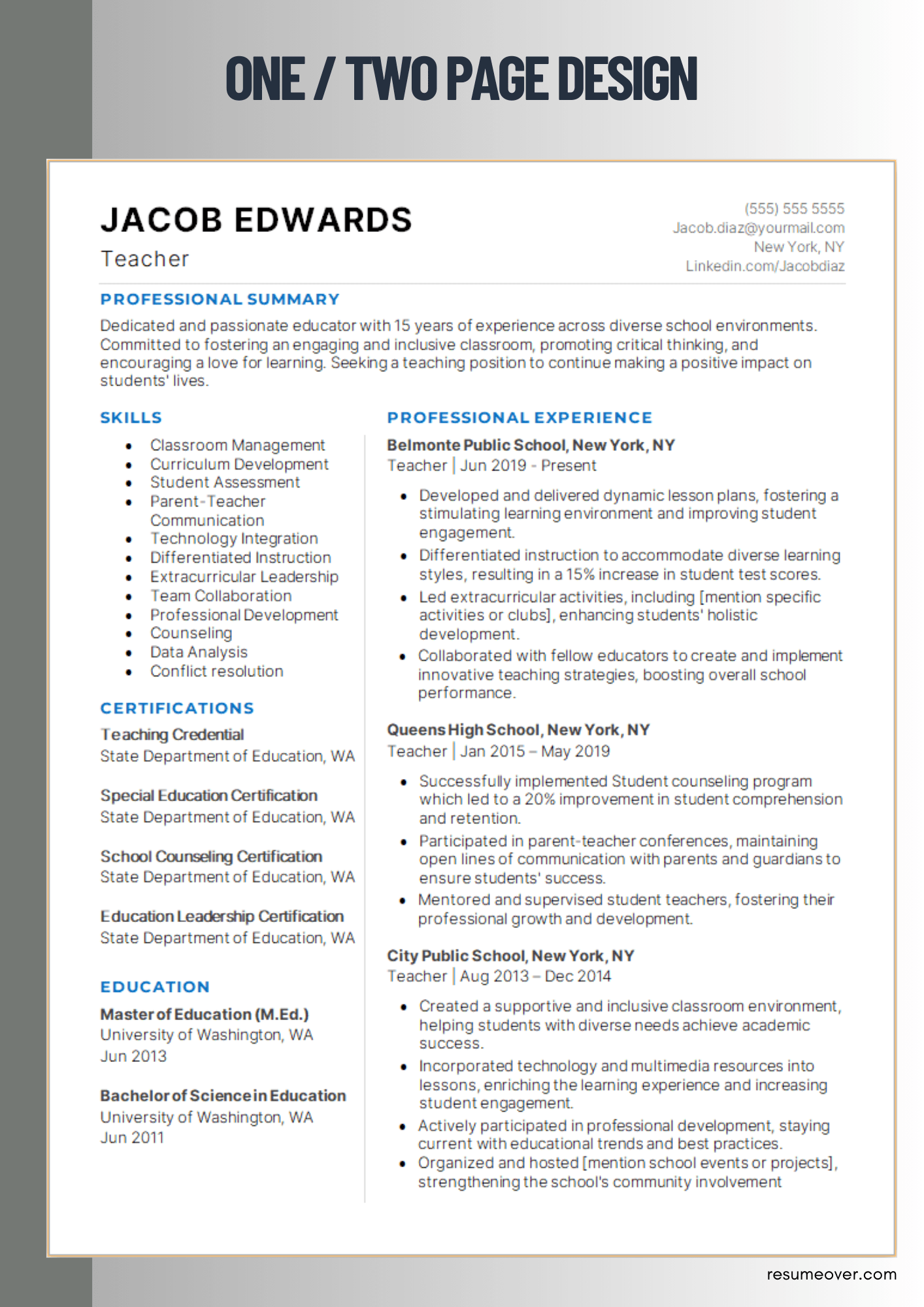College internship resume template
Computer Science Internship Resume Template
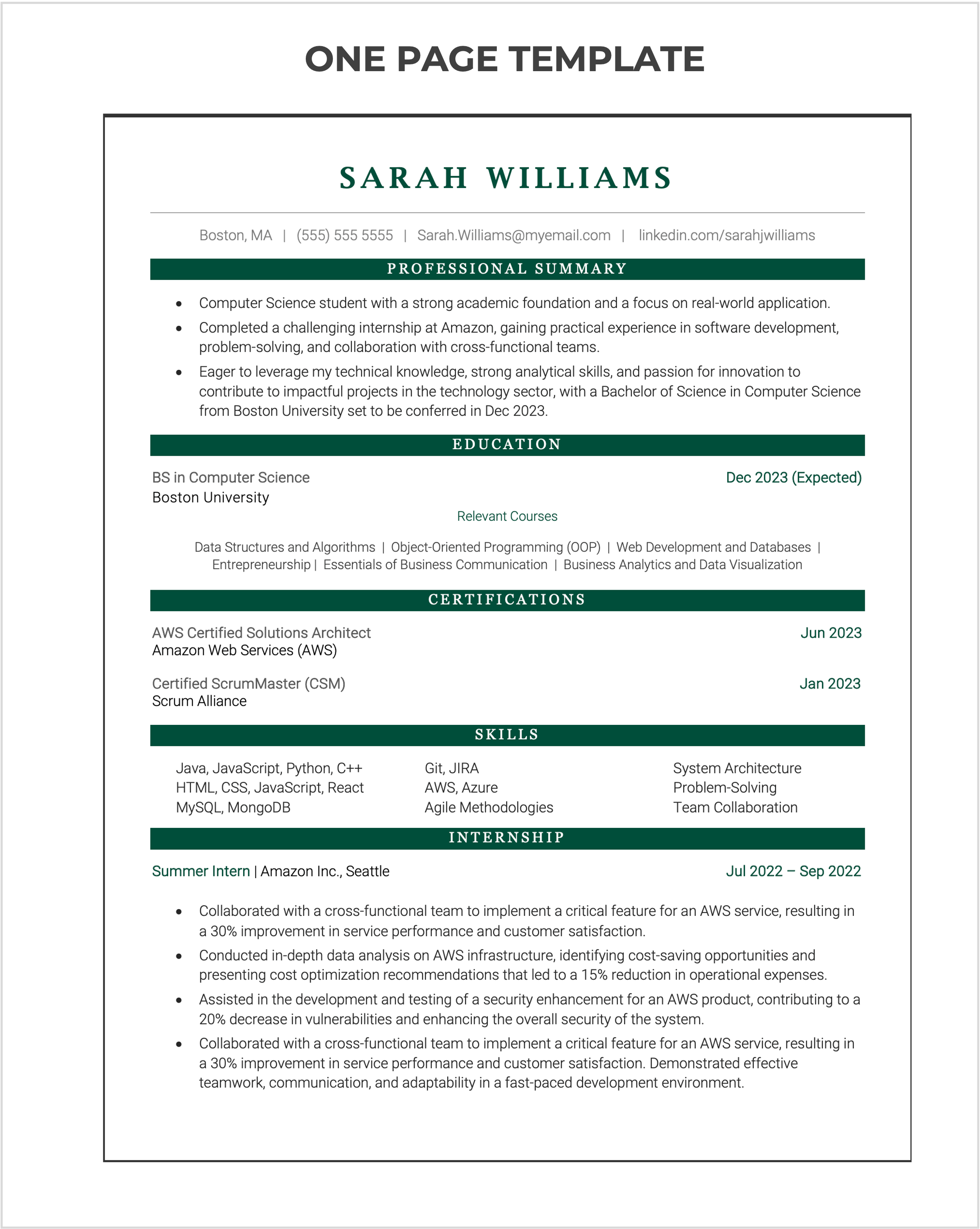
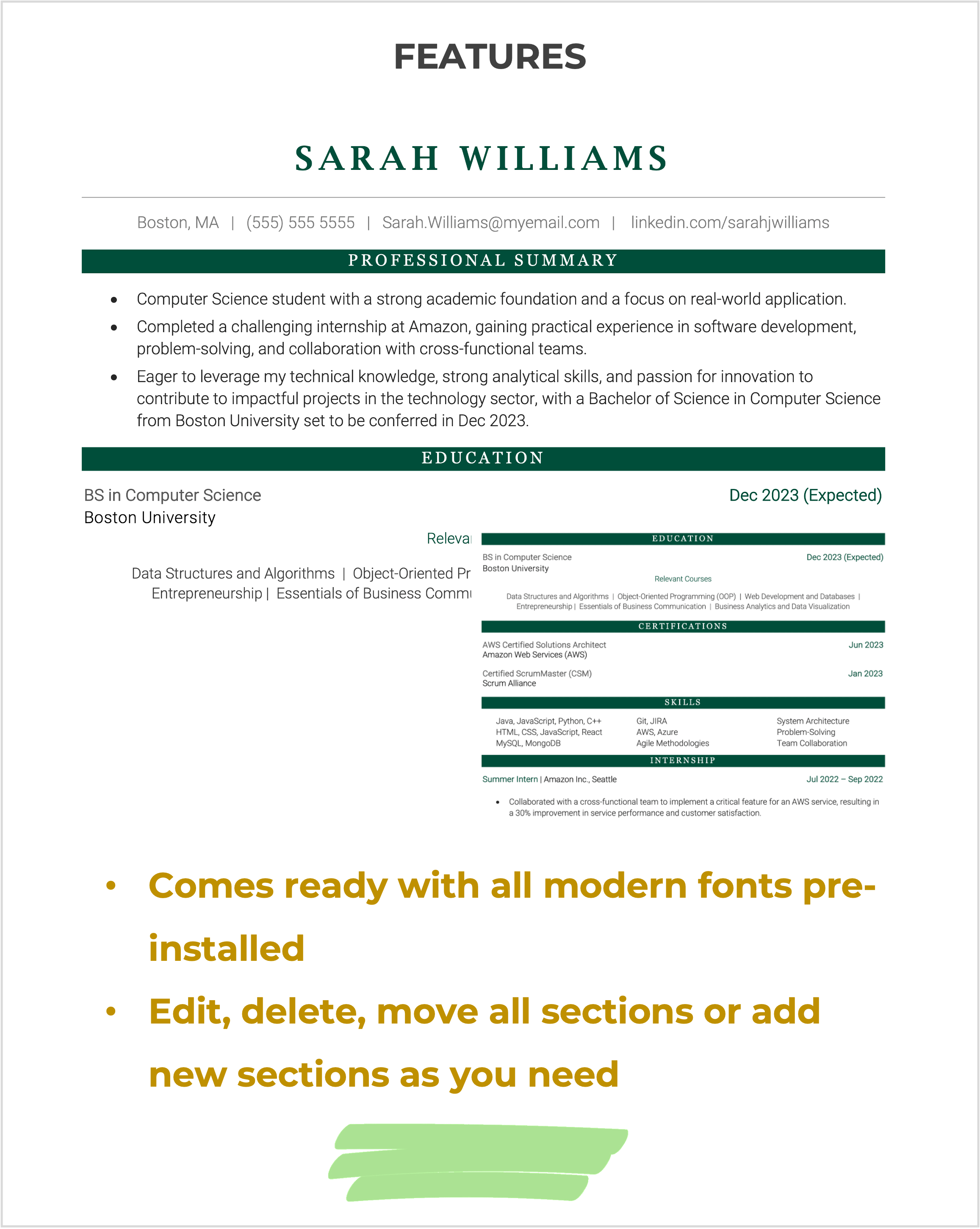
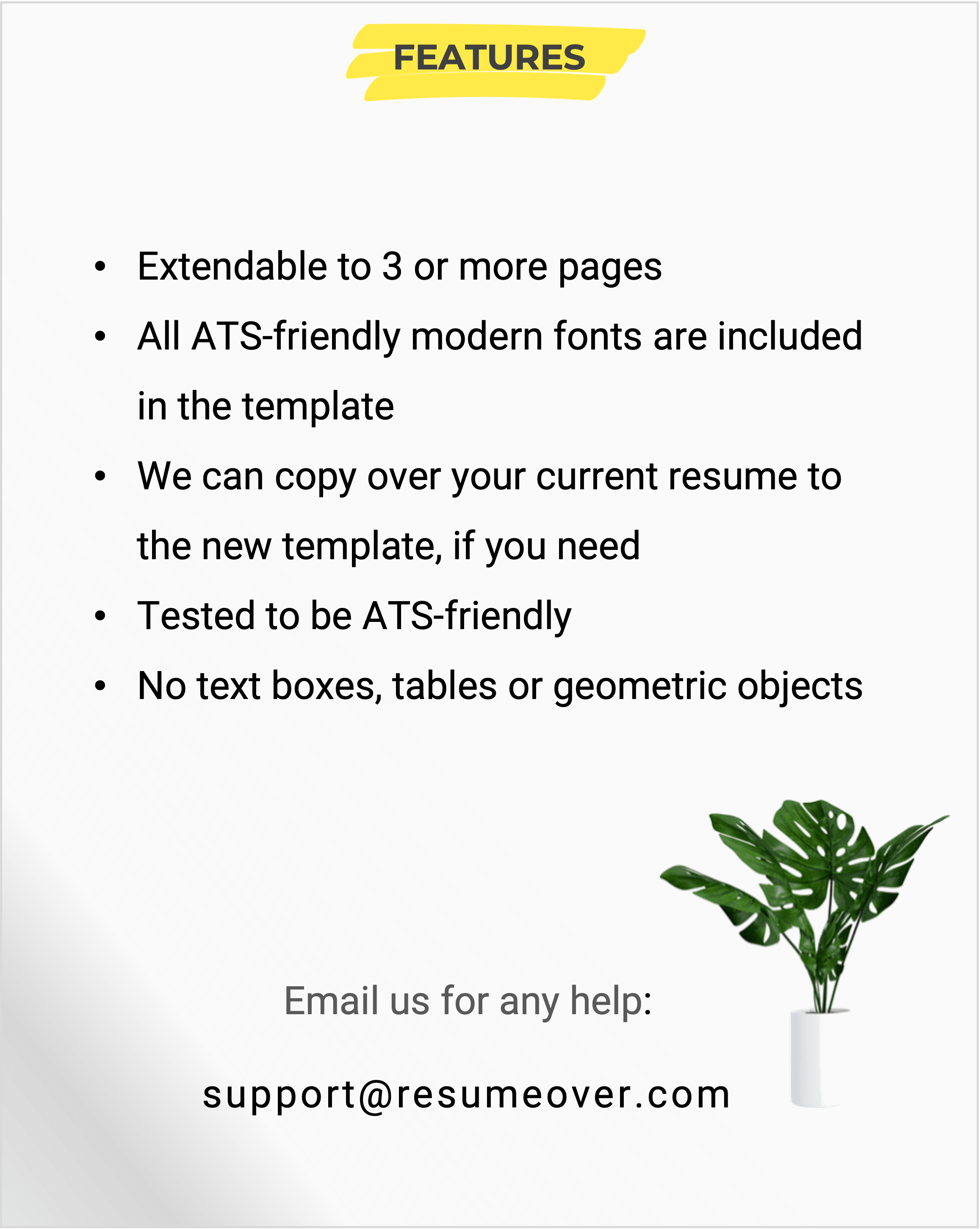
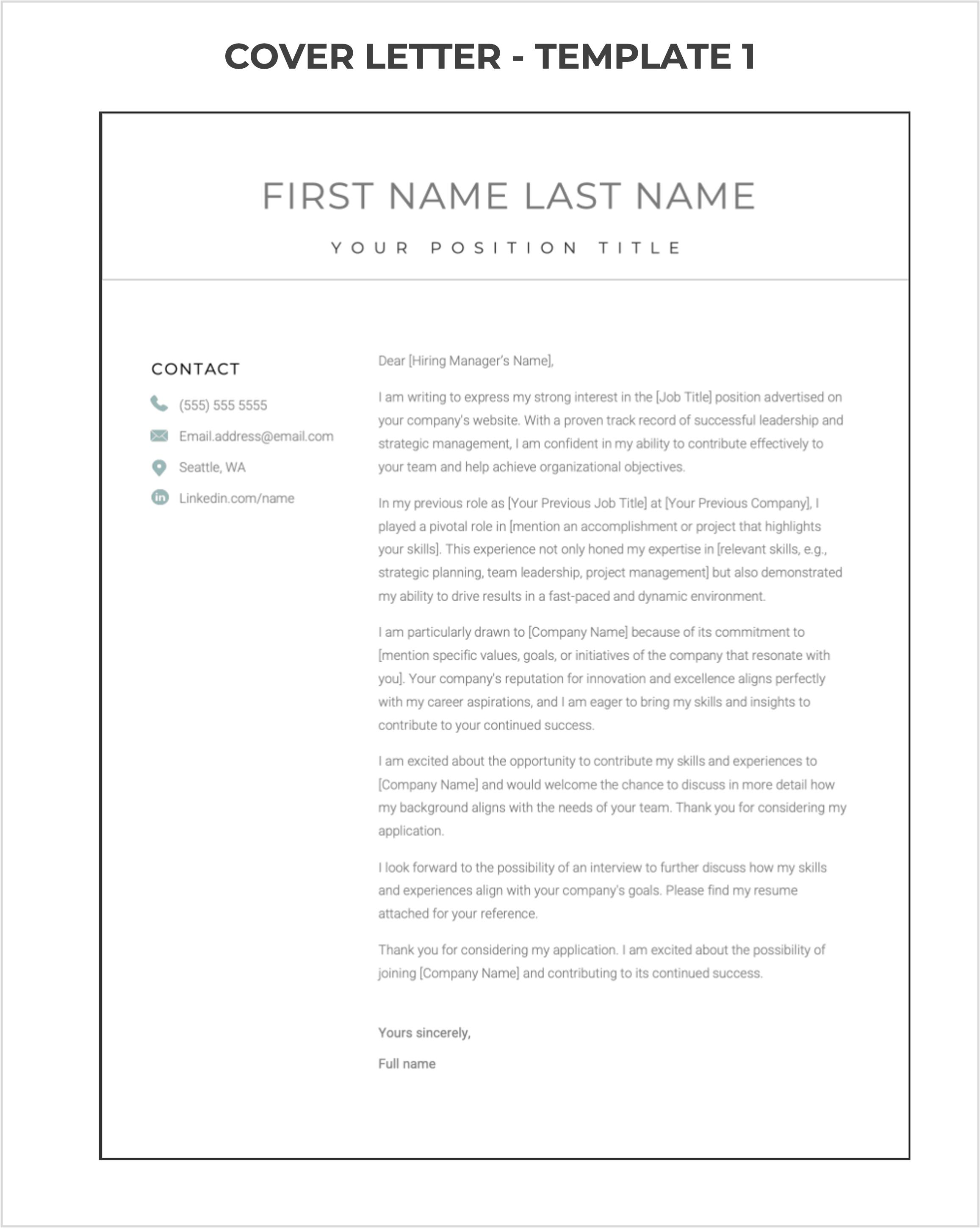
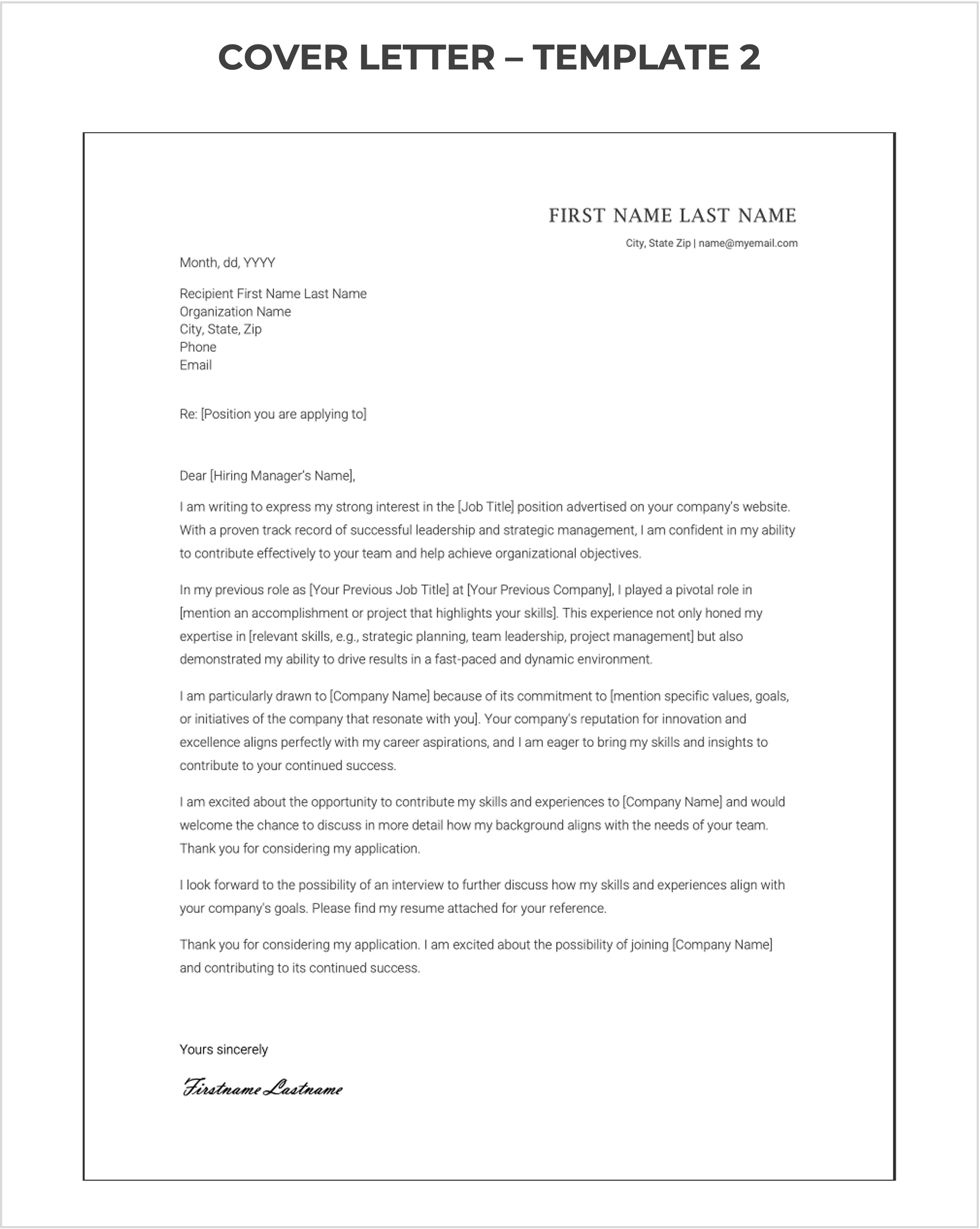
How to use this template
This file is a simple word document. This is called template since it comes with the majority of the formatting set to hold their place while editing. Use this template as you would any normal word file or even your current resume in word document.
Your zip folder will download as soon as the payment is confirmed. The zip folder contains the following -
- Double click to open the document
- Save the opened file as a new file
- Edit sections starting from top
- All sections and formatting, including colors are editable
- If you are stuck anywhere, drop us an email
About this sample resume
To demonstrate how different sections can be used to build your own resume, we have developed an application-ready, ATS-tested sample resume for inspiration. This template is part of the package you will receive as a Zip folder download when you complete payment.
Your zip folder will download as soon as the payment is confirmed. If you are not familiar with zip folders, let us know. Once you downloaded the zip folder, do the following.
College internship resume template
Are you a college student aspiring to kickstart your career with a top-notch internship? Look no further! Our meticulously crafted College Internship Resume Template in Word is your key to success. Impress recruiters with a sleek and professional layout. Our template is designed to catch the eye and make your resume stand out among the competition.Professional Summary
Computer Science student with a strong academic foundation and a focus on real-world application. • Completed a challenging internship at Amazon, gaining practical experience in software development, problem-solving, and collaboration with cross-functional teams. • Eager to leverage my technical knowledge, strong analytical skills, and passion for innovation to contribute to impactful projects in the technology sector, with a Bachelor of Science in Computer Science from Boston University set to be conferred in Dec 2023.
Skills
Java, JavaScript, Python, C++ HTML, CSS, JavaScript, React MySQL, MongoDB Git, JIRA AWS, Azure Agile Methodologies System Architecture Problem-Solving Team Collaboration
Work Experience
Summer Intern | Amazon Inc., Seattle | Jul 2022 – Sep 2022
• Collaborated with a cross-functional team to implement a critical feature for an AWS service, resulting in
a 30% improvement in service performance and customer satisfaction.
• Conducted in-depth data analysis on AWS infrastructure, identifying cost-saving opportunities and presenting cost optimization recommendations that led to a 15% reduction in operational expenses.
• Assisted in the development and testing of a security enhancement for an AWS product, contributing to a 20% decrease in vulnerabilities and enhancing the overall security of the system.
• Collaborated with a cross-functional team to implement a critical feature for an AWS service, resulting in a 30% improvement in service performance and customer satisfaction. Demonstrated effective teamwork, communication, and adaptability in a fast-paced development environment.
Additional Resources
How to Secure Your First Internship
Securing your first internship is a crucial step towards building a successful career. It's an opportunity to gain practical experience, apply your classroom knowledge, and make valuable industry connections. Here's a guide to help you navigate the process.
1. Self-Reflection
Start by understanding your skills, interests, and career goals. Identify the industries and roles that align with your aspirations. This self-reflection will guide your internship search and help you target relevant opportunities.
2. Build a Strong Resume
Your resume is your first impression on employers. Highlight your education, relevant coursework, skills, and any extracurricular activities. Craft a compelling objective statement to showcase your career goals.
3. Leverage Your Network
Reach out to professors, classmates, and professionals in your desired field. Attend networking events, career fairs, and workshops. Building a strong professional network can open doors to internship opportunities.
Connect with Professors and Alumni:
Your academic community is a valuable resource. Connect with professors who have industry experience and seek their advice. Alumni from your institution may have valuable insights and can potentially offer mentorship or internship referrals.
Attend Networking Events:
Participate in industry-specific networking events, career fairs, and seminars. These gatherings provide opportunities to meet professionals in your field of interest. Prepare an elevator pitch introducing yourself and your career aspirations.
Utilize Online Platforms:
Join professional networking platforms like LinkedIn. Connect with professionals, join relevant groups, and participate in discussions. Share your career goals in your profile and reach out to professionals for informational interviews or advice.
Seek Informational Interviews:
Request informational interviews with professionals in your desired industry. Use these meetings to learn more about their career paths, the industry, and potential internship opportunities. Express genuine interest in their experiences.
Attend Workshops and Webinars:
Participate in workshops and webinars hosted by industry experts. Engage with the speakers, ask questions, and connect with them afterward. This demonstrates your enthusiasm for the field and expands your network.
Join Professional Associations:
Explore memberships in professional associations related to your field. Attend association events, conferences, and webinars. Membership often provides access to exclusive job boards and networking opportunities.
Leverage Family and Friends:
Don't overlook your personal connections. Family friends, relatives, or acquaintances might have connections in your desired industry. Share your career goals with them, and they may be willing to introduce you to professionals or offer advice.
Leveraging your network requires proactive and genuine efforts. By connecting with professors, attending events, utilizing online platforms, seeking informational interviews, and tapping into personal connections, you can create a robust network that opens doors to valuable internship opportunities.
4. Research Companies
Identify companies that align with your career goals. Research their values, culture, and internship programs. Tailor your applications to each company to demonstrate your genuine interest and knowledge.
Researching companies for internships involves a strategic approach to find the right fit for your career goals. Start by clearly defining your criteria, such as industry preferences, desired location, and the type of company culture you thrive in. Online job platforms like LinkedIn, Indeed, and Glassdoor are valuable resources for discovering internship opportunities tailored to your specifications. These platforms allow you to filter and search for internships based on various parameters.
Additionally, exploring individual company websites provides deeper insights into their mission, values, and any specific internship programs they offer. Utilizing industry-specific directories and professional associations is another effective strategy. Attend networking events, both online and in-person, to connect with professionals and discover potential employers. LinkedIn plays a pivotal role in company research. Follow organizations of interest, connect with professionals in your desired field, and consider reaching out for informational interviews. Company reviews on platforms like Glassdoor offer firsthand perspectives on the work environment, which can be crucial in making informed decisions.
Don't forget to tap into your college's career center resources, as they often have valuable connections and internship opportunities. Social media platforms are also excellent tools to stay updated on the latest internship announcements and industry trends. By thoroughly researching companies, you enhance your understanding of each potential employer, ensuring a well-informed approach to securing the right internship for your career trajectory.
5. Apply Strategically
Apply to a mix of reach, match, and safety internships. Customize your cover letter for each application, showcasing how your skills and experiences make you an ideal candidate. Follow the application instructions carefully.
Strategic application refers to a targeted and thoughtful approach when submitting internship applications. Instead of a generic, one-size-fits-all resume and cover letter, tailor your application materials to align with the specific requirements and culture of each company. Begin by thoroughly reading the internship descriptions and researching the company's values, mission, and goals. This knowledge allows you to highlight relevant skills and experiences that resonate with the organization's needs.
Customize your resume to showcase how your unique skill set directly contributes to the company's objectives. Use keywords from the job description to ensure your application passes through applicant tracking systems (ATS) and catches the recruiter's eye. Craft a compelling cover letter that not only expresses your genuine interest in the company but also demonstrates how your background makes you an ideal fit for the internship role.
Moreover, consider reaching out to current or former employees on professional networking platforms like LinkedIn. Engaging with them can provide valuable insights and potentially create internal advocates for your application. Applying strategically also involves managing your application timeline. Prioritize companies based on your preferences, application deadlines, and the time it takes for each application. By approaching the application process strategically, you increase the likelihood of securing interviews and, ultimately, the ideal internship for your career growth.
6. Prepare for Interviews
Practice common interview questions and prepare thoughtful responses. Showcase your enthusiasm, problem-solving skills, and ability to contribute to the company. Be ready to discuss your experiences and how they relate to the internship.
7. Stay Persistent
Internship hunting can be challenging, but persistence is key. Don't get discouraged by rejections. Use feedback to improve your approach. Stay proactive, continually update your skills, and keep refining your application materials.
Conclusion
Securing your first internship requires a combination of self-reflection, strategic planning, and proactive networking. Be persistent, showcase your unique strengths, and stay focused on your career goals. With dedication and effort, you'll land that valuable first internship.
How to Secure Your First Internship
Securing your first internship is a crucial step towards building a successful career. It's an opportunity to gain practical experience, apply your classroom knowledge, and make valuable industry connections. Here's a guide to help you navigate the process.
1. Self-Reflection
Start by understanding your skills, interests, and career goals. Identify the industries and roles that align with your aspirations. This self-reflection will guide your internship search and help you target relevant opportunities.
2. Build a Strong Resume
Your resume is your first impression on employers. Highlight your education, relevant coursework, skills, and any extracurricular activities. Craft a compelling objective statement to showcase your career goals.
3. Leverage Your Network
Reach out to professors, classmates, and professionals in your desired field. Attend networking events, career fairs, and workshops. Building a strong professional network can open doors to internship opportunities.
Connect with Professors and Alumni:
Your academic community is a valuable resource. Connect with professors who have industry experience and seek their advice. Alumni from your institution may have valuable insights and can potentially offer mentorship or internship referrals.
Attend Networking Events:
Participate in industry-specific networking events, career fairs, and seminars. These gatherings provide opportunities to meet professionals in your field of interest. Prepare an elevator pitch introducing yourself and your career aspirations.
Utilize Online Platforms:
Join professional networking platforms like LinkedIn. Connect with professionals, join relevant groups, and participate in discussions. Share your career goals in your profile and reach out to professionals for informational interviews or advice.
Seek Informational Interviews:
Request informational interviews with professionals in your desired industry. Use these meetings to learn more about their career paths, the industry, and potential internship opportunities. Express genuine interest in their experiences.
Attend Workshops and Webinars:
Participate in workshops and webinars hosted by industry experts. Engage with the speakers, ask questions, and connect with them afterward. This demonstrates your enthusiasm for the field and expands your network.
Join Professional Associations:
Explore memberships in professional associations related to your field. Attend association events, conferences, and webinars. Membership often provides access to exclusive job boards and networking opportunities.
Leverage Family and Friends:
Don't overlook your personal connections. Family friends, relatives, or acquaintances might have connections in your desired industry. Share your career goals with them, and they may be willing to introduce you to professionals or offer advice.
Leveraging your network requires proactive and genuine efforts. By connecting with professors, attending events, utilizing online platforms, seeking informational interviews, and tapping into personal connections, you can create a robust network that opens doors to valuable internship opportunities.
4. Research Companies
Identify companies that align with your career goals. Research their values, culture, and internship programs. Tailor your applications to each company to demonstrate your genuine interest and knowledge.
Researching companies for internships involves a strategic approach to find the right fit for your career goals. Start by clearly defining your criteria, such as industry preferences, desired location, and the type of company culture you thrive in. Online job platforms like LinkedIn, Indeed, and Glassdoor are valuable resources for discovering internship opportunities tailored to your specifications. These platforms allow you to filter and search for internships based on various parameters.
Additionally, exploring individual company websites provides deeper insights into their mission, values, and any specific internship programs they offer. Utilizing industry-specific directories and professional associations is another effective strategy. Attend networking events, both online and in-person, to connect with professionals and discover potential employers. LinkedIn plays a pivotal role in company research. Follow organizations of interest, connect with professionals in your desired field, and consider reaching out for informational interviews. Company reviews on platforms like Glassdoor offer firsthand perspectives on the work environment, which can be crucial in making informed decisions.
Don't forget to tap into your college's career center resources, as they often have valuable connections and internship opportunities. Social media platforms are also excellent tools to stay updated on the latest internship announcements and industry trends. By thoroughly researching companies, you enhance your understanding of each potential employer, ensuring a well-informed approach to securing the right internship for your career trajectory.
5. Apply Strategically
Apply to a mix of reach, match, and safety internships. Customize your cover letter for each application, showcasing how your skills and experiences make you an ideal candidate. Follow the application instructions carefully.
Strategic application refers to a targeted and thoughtful approach when submitting internship applications. Instead of a generic, one-size-fits-all resume and cover letter, tailor your application materials to align with the specific requirements and culture of each company. Begin by thoroughly reading the internship descriptions and researching the company's values, mission, and goals. This knowledge allows you to highlight relevant skills and experiences that resonate with the organization's needs.
Customize your resume to showcase how your unique skill set directly contributes to the company's objectives. Use keywords from the job description to ensure your application passes through applicant tracking systems (ATS) and catches the recruiter's eye. Craft a compelling cover letter that not only expresses your genuine interest in the company but also demonstrates how your background makes you an ideal fit for the internship role.
Moreover, consider reaching out to current or former employees on professional networking platforms like LinkedIn. Engaging with them can provide valuable insights and potentially create internal advocates for your application. Applying strategically also involves managing your application timeline. Prioritize companies based on your preferences, application deadlines, and the time it takes for each application. By approaching the application process strategically, you increase the likelihood of securing interviews and, ultimately, the ideal internship for your career growth.
6. Prepare for Interviews
Practice common interview questions and prepare thoughtful responses. Showcase your enthusiasm, problem-solving skills, and ability to contribute to the company. Be ready to discuss your experiences and how they relate to the internship.
7. Stay Persistent
Internship hunting can be challenging, but persistence is key. Don't get discouraged by rejections. Use feedback to improve your approach. Stay proactive, continually update your skills, and keep refining your application materials.
Conclusion
Securing your first internship requires a combination of self-reflection, strategic planning, and proactive networking. Be persistent, showcase your unique strengths, and stay focused on your career goals. With dedication and effort, you'll land that valuable first internship.
Great choice - loved by those seeking internship
College internship resume template
Computer Science Internship Resume Template





Great choice - loved by those seeking internship
Are you a college student aspiring to kickstart your career with a top-notch internship? Look no further! Our meticulously crafted College Internship Resume Template in Word is your key to success. Impress recruiters with a sleek and professional layout. Our template is designed to catch the eye and make your resume stand out among the competition.
About this template
This template is built on MS Office, a widely used word processing application by nearly all laptop/pc/mac users.
Your zip folder will download as soon as the payment is confirmed. Your downloaded zip folder will contain
- One-page template
- Two-page template
- Popular social media and commonly used icons
- 2 letter heads for your cover letter in matching styles
- A pre-filled sample resume in both one and two page styles
Sections that can be edited
- All headings
- All text
- All fonts, sizes, styles and spacing
- Add or delete pages
- Add new sections, modify or delete existing ones
Document Specifications
- File type for resume templates: MS Word
- File size: 3MB max
- Passwords: None
- Fonts: Already embedded (No need to download)
Delivery
Instant Download - Zip folder
Because the file is an electronic document and the file would have been already downloaded, there is no possiblity for return, exchange or cancellations; however, if you are not happy with the product and if the template you downloaded is different from what is shown in the images, we will do everything we can to help you with completing your resume.
FAQ (Frequently Asked questions)
How can I edit this template?
Once the zip folder is downloaded, locate it on your pc or laptop. Then unzip the folder to reveal its contents. Once you are inside the unzipped folder, locate the template you want to edit and start editing as a normal word document.
How do I add additional pages to the template?
The downloaded folder will have a one-page template and a two-page template. If you need more than two pages, place the mouse at the end of the last line on the second page, and press enter. You should see a new page appear. Then copy either the first page or the second page and paste on the third page, and continue adding your content.
What makes this template good for college grads seeking internships?
This template is handcrafted after studying in real world the template that appears to be most impactful; i.e. a template that elegantly presents and highlights skillsets and educational qualifications over experiences.
How can I be sure that my credit card information is safe when I use for payments?
We use industry-leading payment gateways for transactions and we do not store any of your card information on our files. Additionally, we use AWS for hosting services and they have some of the industyr's best encrytion protocols in place so you can rest assured that your card information is handled with utmost care.
How do I contact support?
Email us at support@resumeover.com and we will revert to you as soon as possible, usually no later than 24 hours except on weekends.
Do you offer any discounts or promotions?
Yes, we run special promotions throughout the year. Please subscribe to our newsletter so you can receive notifications when we run promotions.
What if I need to add more certificates to the resume?
You can very well add as many certifications as you want since the space for adding certifications is not locked. Actually, non of the sections is locked and you can freely edit the template as you would any normal MS Word document. If you have any questions or need help editing the template, send us an email and we will help you out.
